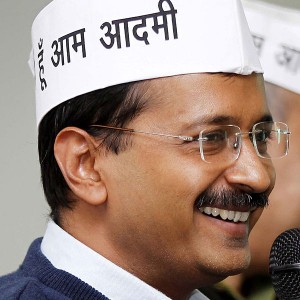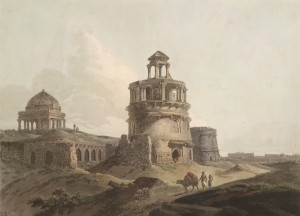Dear Mr. Kejriwal,
Hope you are doing well. Inspired by the note that you wrote, I thought of dropping you a little one myself. I mean, the nation knows (apologies to Mr. Goswami) your views are pretty firm about how corrupt politics and crony capitalism has spoilt this “sone ki chidiya” nation of ours. You have taken on the very haughty and mighty, through your press conferences, revealing things that could not be revealed earlier, as there was no proof of them, before or now. While, going through your recent letter, I was impressed by your sheer concern about the nation, and its resources, and how it needs be saved at all costs. But then a sudden thought stuck me, a rather jarring one, and I thought I will ask you for an explanation, through your preferred route, an open letter.
The thing that concerns me is your silence on how bureaucracy (more so the corrupt one) has been one of the biggest bane of this nation. You have been unusually silent sir, on how cronyism and corruption is rampant in Indian bureaucracy. While there are but some 500 odd political leaders, and a few thousands MLAs. The bureaucracy is just around a million strong and growing, and yes, in terms of corruption index they are no less above the board when compared to say a politician, or a business person. In fact, come to think of it, they are indeed more dangerous, I mean, you don’t have an idea of how much are these babus making, till one day there is an IT raid, and crores of cash, jewelery and property pop up. The corrupt bureaucracy is like a termite that is not on your face, but hollowing the insides. Ironically, Transparency International whose non-existent report you quoted, has apparently stated in one of its real reports that 62% of Indians have paid a bribe to get a job done at public office. There’s also some survey from 2009 that states that Indian bureaucracy is not only one of the least efficient but also one of the most corrupt among Asian nations. Continue reading

